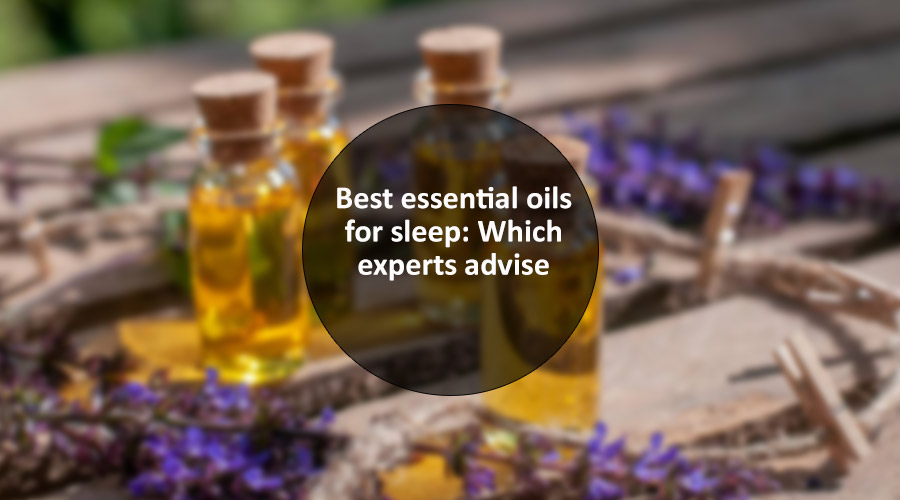Sleep is important! Not only does it help you recharge and restore, but it can also improve your overall health. Essential oils are a great way to help you get a good night’s sleep. Essential oils are a natural way to improve your sleep. They can be used in diffusers or applications directly onto the skin. Some essential oils are known for their sedative properties and can help you fall asleep faster and stay asleep longer. There are many essential oils that have purported benefits for sleep, but it is important to choose the right one for you. In this article, we will enumerate the best essential oils for sleep that experts recommend.
What are essential oils?
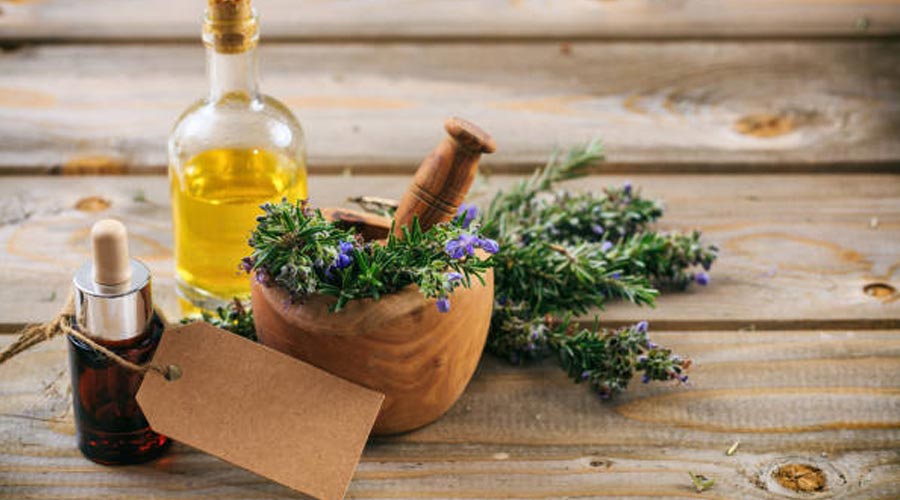
With all the pressures of modern day life, though, that sleep can be hard to come by. When things aren’t right–whether your blood pressure is up, there are problems at work or even at home–the body responds to those strains and struggles to relax. The good news is that often natural methods can help improve sleep. Certain essential oils, utilized in the right manner and proportions, can land you comfortably in dreamland!
Essential oils are plant-based chemicals that have been used for centuries for their therapeutic properties. They are made from the essential oil glands of plants and are inhaled or applied topically. They have a wide range of uses, including in aromatherapy, as cleaning agents, food production, and pest control. Each essential oil has a different purpose and scent. Some essential oils are highly toxic if ingested, so it is important to be aware of what you’re using them on and how much.
Best essential oils for sleep

Essential oils offer many benefits for a good night’s sleep, but it’s important to choose the right oils for you. Some essential oils can help you relax, while others can help you fall asleep. Read through this list of essential oils and find the oil that best suits your needs to get a good night’s sleep.
Sandalwood
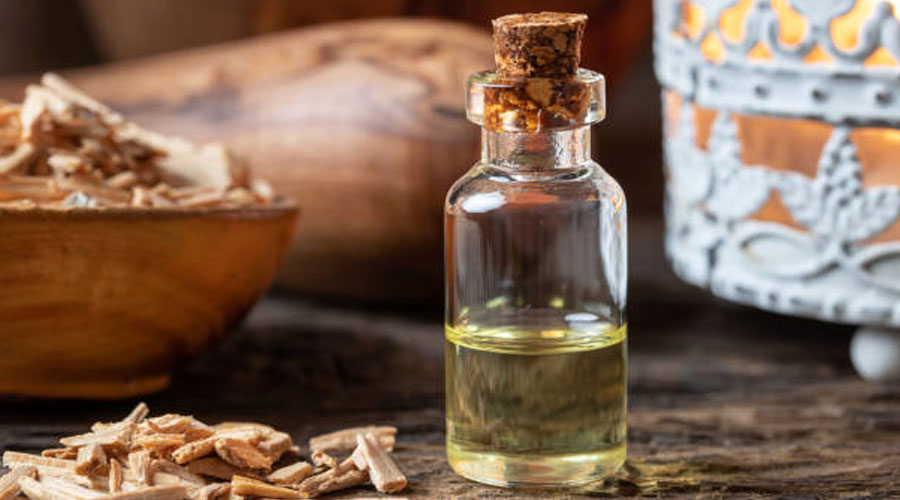
Sandalwood is a tree found in warm climates that produces a fragrant oil used in perfumes and soaps. Sandalwood oil is renowned for its relaxing and sedative properties, which are beneficial for sleep. The oil has been traditionally used to improve sleep, but more recently it has been used as a natural remedy for anxiety and depression. Sandalwood oil is believed to help the body relax and increase brain function. It is also known to enhance the immune system, promote digestion, and have antibacterial and antiviral properties.
Marjoram
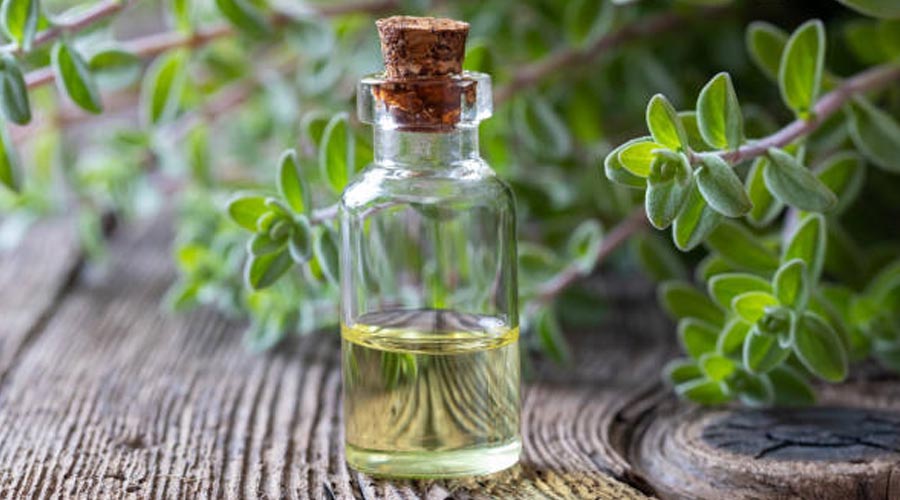
Marjoram, a member of the mint family, is one of the most common oils used in aromatherapy. It has a strong, sweet-herbal fragrance that is often used to promote relaxation and sleep. The essential oil of marjoram is known to help ease anxiety and depression, improve memory recall and concentration, and promote healthy skin. Marjoram oil is also thought to help reduce inflammation and promote better blood circulation. Its antioxidant properties can support healthy cognitive function and overall health.
Bergamot

Bergamot oil is a popular essential oil that is known for its therapeutic properties. Bergamot essential oil is known for its calming and relaxing effects on the mind and body. It has been used to improve mood and sleep quality. In addition, bergamot oil has been shown to be effective in treating anxiety and stress, providing a soothing and tranquil environment that can help people relax and fall asleep.
Peppermint

Most people know peppermint as a refreshing cold drink, but did you know it also has many health benefits? According to the American Academy of Sleep Medicine, peppermint can be an effective aid for improving sleep quality and quantity.
Peppermint oil is known to be a natural relaxant, which can help improve sleep apnea and snoring. It also helps improve mood and concentration. Additionally, peppermint oil can help reduce anxiety and depression. Peppermint essential oil has long been touted as a natural sleep aid. The oil is thought to improve sleep quality by stimulating the mind and body to relax.
Chamomile
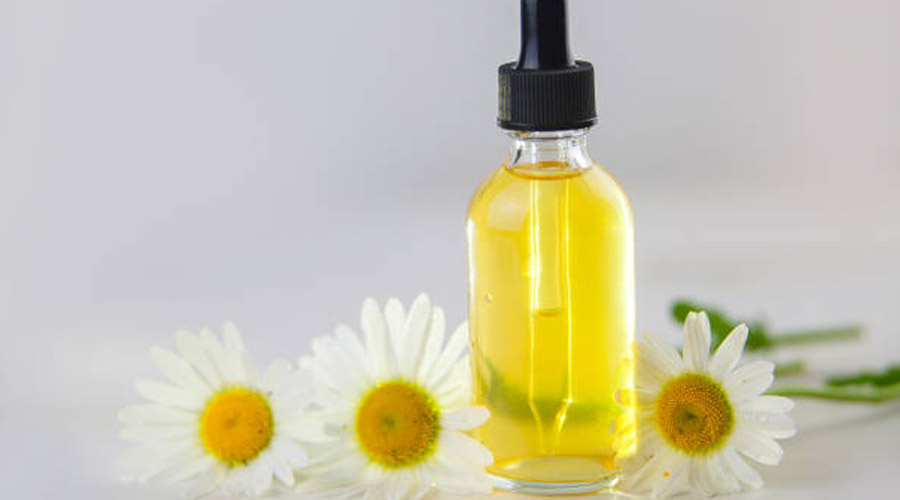
Chamomile, a herbaceous plant native to Europe and Asia, has been used for centuries as a tea, infusion, or tincture. It is also an essential oil that has been used in folk medicine to treat anxiety, insomnia, and other conditions. Chamomile is thought to work by causing relaxation and reducing stress.
Chamomile oil has a sweet, floral aroma and is typically composed of 50% to 60% chamomile flower oil and 40% to 50% terpenes. Because chamomile is non-addictive, it can be used safely by most people.
The two types of chamomile essential oil are Roman and German. The Roman type is more prevalent in Europe, while the German type is more prevalent in North America. The two oils have different properties, including aroma, flavor, and effects on the skin. Roman chamomile essential oil is known for its floral, sweet odor, while German chamomile oil has a more herbaceous smell.
Lavender

Lavender oil is a popular essential oil for sleep because it has been shown to help people fall asleep faster and stay asleep longer. The compound lavandulol is responsible for the relaxing effect of lavender essential oil. It is also thought to improve sleep quality and reduce anxiety.
The aroma of lavender essential oil is soothing and its plant-based ingredients have been shown to provide many health benefits. In addition to being an effective sleep aid, lavender oil can also be used as a massage oil, Perfume, dye, and baking.
Cedarwood
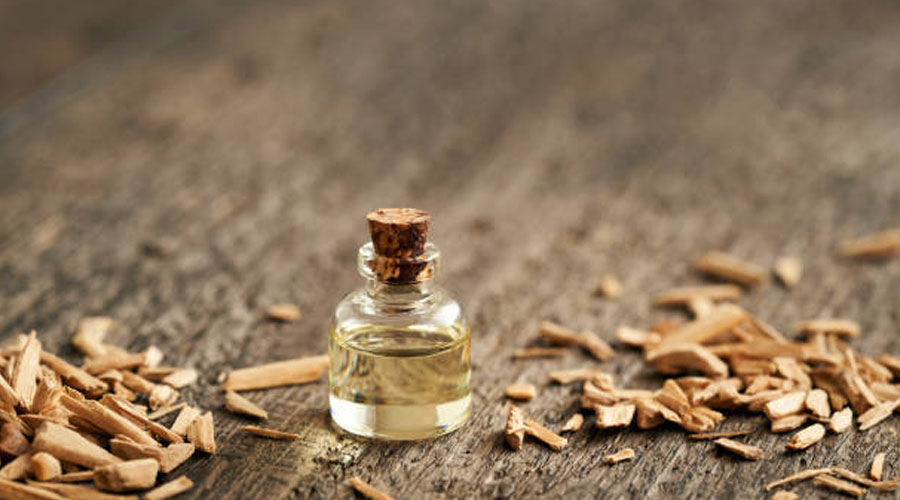
Cedarwood oil is a popular essential oil that is thought to be beneficial for sleep. It has a warm, woodsy scent and is often used in diffuser blends to help people fall asleep. Some research suggests that cedarwood oil may help improve sleep quality, reduce anxiety and stress, and boost mood and concentration. Some people find that cedarwood oil helps them fall asleep faster and stay asleep longer; others use it to relieve anxiety or stress before bedtime.
You can benefit from essential oils for sleep by simply inhaling them. Because scented oils are potent, it’s best to avoid putting them directly on your skin or sniffing them straight from the bottle. Instead, dilute them in a carrier oil (the American Sleep Association recommends almond or apricot) or lotion and rub them into your skin. Diffusers are also a great way to infuse a whole room with calming essential oils at bedtime. Essential oil diffusers are inexpensive and many are cleverly designed.
Derivation
In conclusion, the best essential oils for sleep are those that are calming and relaxing. Lavender, chamomile, and vetiver are among the most recommended oils for this purpose. If you are looking for an oil to help you relax and fall asleep, these three oils are a good place to start.
FAQ
What is the strongest essential oil for sleep?
Sleep is essential for overall health, and getting a good night’s sleep is crucial for your physical and mental well-being. Unfortunately, not all people are able to get the sleep they need. Some people are plagued by insomnia, while others find it difficult to fall asleep or stay asleep.
There are many different ways to help get a good night’s sleep, but some people find that certain essential oils can be very helpful. Some of the most common essential oils used for sleep are lavender, chamomile, valerian, and melatonin. However, it is important to note that not every essential oil will work for every person.
Is it OK to sleep with an essential oil diffuser?
Essential oils are often touted as a natural way to improve sleep, but is it really safe to sleep with an essential oil diffuser? According to some experts, it may not be the safest idea. “When you diffuse essential oils into the air, you’re also dispersing them throughout your entire room,” says Shannon Brown, MD, a board-certified family physician in Westchester, New York.
There are a few things to keep in mind if you’re considering the option. First, make sure the diffuser you choose is safe for use near your bed. Second, be sure to keep the diffuser clean and free of debris; otherwise, it could emit harmful fumes.
What essential oil is good for deep sleep?
There are many essential oils that can help induce deep sleep, but lavender is one of the most popular. Some research suggests that lavender oil may help improve sleep quality, decrease anxiety and stress levels, and help ease insomnia. Research overwhelmingly proves that lavender is the best essential oil for sleep. In one study, participants reported feeling more “vigor” after being dosed with lavender scent during the night—and their quality of sleep was measurably improved, with both men and women experiencing deep or slow-wave sleep. If you’re looking to get a good night’s sleep, adding a few drops of lavender oil to your bedtime routine may be the perfect solution.
Do essential oils work for sleep?
Do essential oils work for sleep? Some people claim they do, while others say they don’t. The jury is still out on this one. Some essential oils are thought to be relaxing, while other essential oils have been known to stimulate sleep. There are also essential oils that help with depression such as clary sage essential oil/clary sage oil. However, there isn’t enough scientific evidence to say for certain whether or not essential oils work for sleep.
Which aroma oil is good for sleep?
Aromatherapy is a form of alternative medicine that uses the scents of plants to improve health. Some people use aromatherapy to fall asleep, due to the fact that certain plants produce aromas that are known to induce sleep. There are many different types of aromatherapy oil, and it can be difficult to decide which one is right for you. Some of the most common aromatherapy oils used for sleep include lavender, chamomile, and peppermint.

